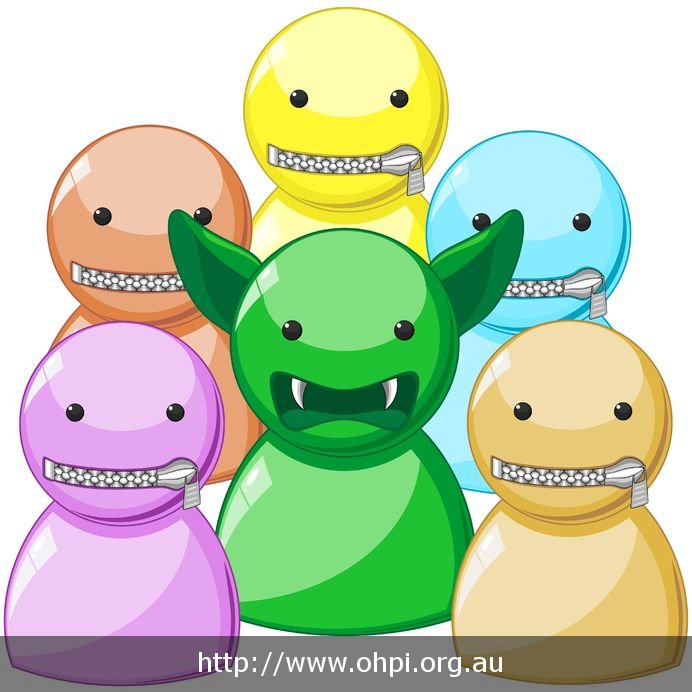We recently received a question asking for OHPI’s comment on the prevalence of bullying, hate, abuse and other conduct which seems to be given a pass online but which would meet strong condemnation in any off line context.
Our first comment is to note that there is less acceptance of this online conduct now than in the past. In a recent article Tom Watson noted that, ‘Increasingly the old adage “don’t feed the trolls” is giving way to “fight the trolls, get them on the run, and pummel them once they’re down.” It’s a muscular form of fighting back – the irony being that on the Internet, physical strength matters not at all’.
The problem is online hate is that is that those making the decisions, and particularly the laws in Parliament, are not digital natives. The come from a generation where “online” was like “the park”. If someone is hassling you at the park, just avoid the park. Or worse, online is just a game. If you are getting upset, stop playing. The problem with this approach is that it ignores the role the internet playing in the daily life of almost all young people (and many not so young). Taking away access to social media is not like putting the cookie jar our of reach, it more like rendering a person deaf and dumb or placing them in solitary confinement. It’s cutting them off from the information they need to participate in their society, and denying them a voice to express themselves.
 Cyber bullying and hate speech exclude people from society, or subject them to a constant barrage of attack if they choose to remain. Imagine trying to go about your life if every time you tried to communicate, for example stopped to speak to someone, a tennis ball might randomly be thrown at you. It might be funny for the first few minutes, but as it goes on day in and day out for months the impact on your mental well being would be immense.
Cyber bullying and hate speech exclude people from society, or subject them to a constant barrage of attack if they choose to remain. Imagine trying to go about your life if every time you tried to communicate, for example stopped to speak to someone, a tennis ball might randomly be thrown at you. It might be funny for the first few minutes, but as it goes on day in and day out for months the impact on your mental well being would be immense.
The change from a passive response of “don’t feed the trolls” to an an aggressive response in fighting the trolls is in part a response to the increased importance of being able to live in the online world free of harassment, and it is partly the response of a society that has just had enough with keyboard bullies.
OHPI is Australia’s first harm prevention charity dedicated to the problem of online hate. Our ultimate aim is to stop the harm that can result from abusive online behaviour; that can include suicide, self harm and emotional harm to mention just a few. Serious trolling is one of the problems we spend a lot of time responding to, but tend not to spend much time speaking about. It is usually a matter for the police, and we assist by providing information we gather and archive relating to incidents.
Outside of our work in relation to trolling and related cyberbullying, we focus on hate speech directed against individuals and communities. We are a small charity tackling a huge problem, so we take a very focused approach. We issue reports systematically investigating different types of online hate, we document certain serious incidents and either make these reports public or share them with relevant authorities. We run campaigns so the public can get involved in the fight against online hate. Ultimately we want to empower the public by creating much better transparency about the way social media companies respond to the reports users make to them. We have plans to develop software that will help us do this and we are currently running a fundraising campaign to start work on the first stage of the software.
